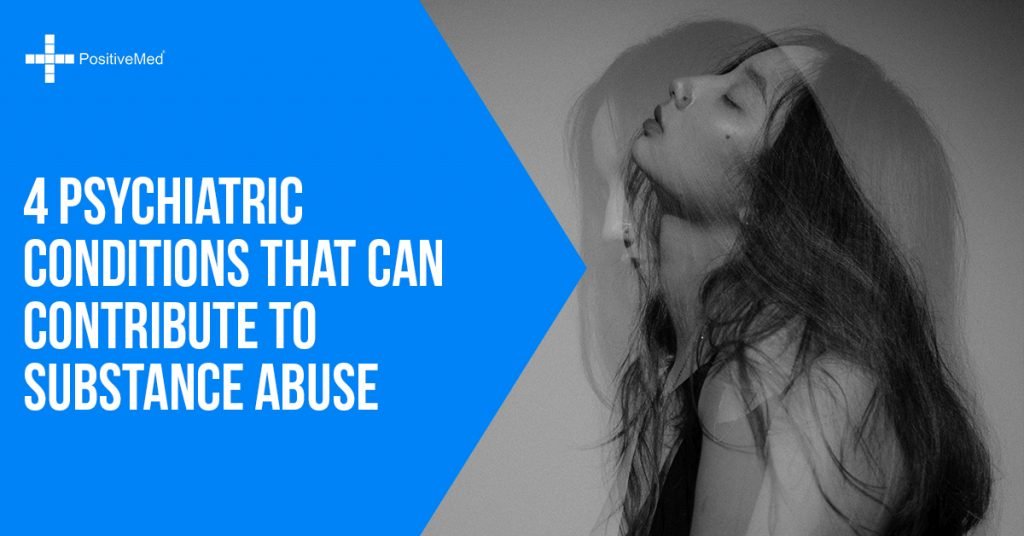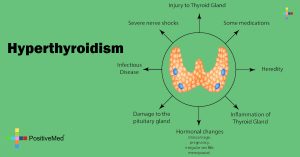Substance abuse in America is costly in many ways. According to the National Institute on Drug Abuse, over $400 billion was lost to missed work, crime, and healthcare costs related to the abuse of drugs and alcohol. However, many of those who fall prey to substance abuse may have underlying psychiatric issues that make them more prone to this problem and that only make existing dependency issues worse. If you are trying to help loved ones with their substance abuse problem, there are several common psychiatric disorders that you should be aware of before you begin.

Depression
Undiagnosed depression can cause your loved ones to turn to drugs and alcohol to numb feelings of sadness and hopelessness they may feel daily. Many times, depression in others is not always readily evident and your loved ones may be skilled at hiding their symptoms behind a fake smile.
Signs of depression you can look for in your loved ones is the desire to stay behind closed doors, giving up activities they used to enjoy, and reduced hygiene. Recognizing depression in those who are prone to alcohol abuse can be especially important, as liquor is a depressant that may cause your loved one to spiral down faster.
Anxiety
Anxiety disorder is a mental illness that causes those who suffer from it to experience feelings of extreme fear or worry over everyday situations. These emotions can take over and cause physical symptoms such as shortness of breath, shaking, and a rapid heartbeat. People with an undiagnosed anxiety disorder may turn to drugs or alcohol because the resulting high or buzz dampen their fears.
Related link: THIS Helps With Anxiety Better Than Dangerous Drugs
There are several types of anxiety disorders that may have caused your loved ones to turn to substance abuse or become alcoholic. For example, he or she may have social anxiety and feels the need to be high or buzzed before entering a crowded room or going to a party to ease their fears of interacting with people. These anxieties are not always easy to spot and should be diagnosed by a professional before addressing any instances of substance abuse.
Schizophrenia
Schizophrenia is a serious mental illness that can strike almost anyone and cause individuals to hear voices, hallucinate, and form grand delusions about themselves. If your loved ones are suffering from this issue, they may drink or abuse drugs to escape these symptoms. However, since many drugs can cause hallucinations, they may only aggravate this condition and professional help should be sought out right away. Dual diagnosis treatment, which treats both the substance abuse and the mental disorder that causes it, may be a highly effective course of action.
Addictive Disorder
If your loved ones already have an addictive personality, then the chances of them becoming addicted to drugs or alcohol are much higher. People who have addictive disorder may fixate on one substance or action, which may make it difficult for them to break the cycle of substance abuse. You may need to consult a professional treatment facility where staff can show your loved ones how to deal with their disorder in ways that do not include taking drugs or drinking alcohol.
People abuse drugs and liquor for a variety of reasons. However, when they suffer from an underlying and undiagnosed mental issue, understanding the signs and symptoms may help you get them back on the path to mental and physical health.







